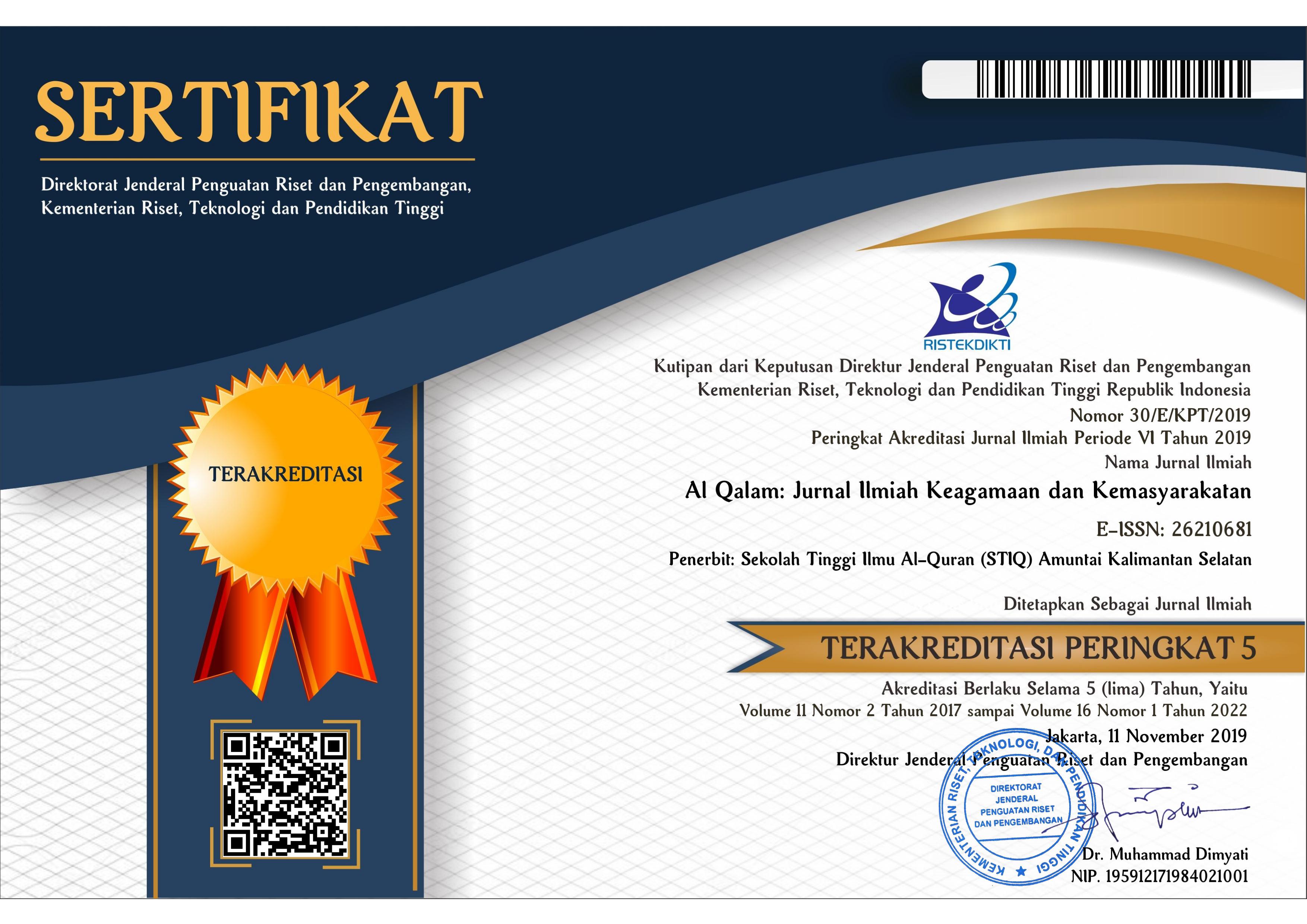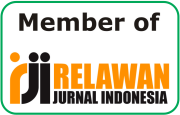Comparative Study of Leadership Styles in Public and Private Elementary Schools
Abstract
Effective leadership has emerged as a crucial focus within the framework of Merdeka Belajar, a policy that enhances the capacity of educational institutions to innovate and respond to the specific needs of their local communities. The influence of leadership on educational outcomes is profound, affecting both educator performance and the institution's overall effectiveness. A principal who exemplifies strong leadership can significantly enhance teacher effectiveness and improve student achievement. This research seeks to analyze the differing leadership styles of principals in public versus private elementary schools during the Merdeka Belajar initiative. Employing a comparative methodology, the study gathers data through interviews, questionnaires, and observations involving principals, teachers, and staff from both sectors. Findings indicate that public schools generally adopt a transactional leadership approach, whereas private schools are more inclined towards transformational leadership. The study aims to offer valuable insights, suggesting that both public and private institutions should embrace a more adaptable leadership style. In public schools, it is recommended that principals foster a culture of innovation and actively seek input from diverse stakeholders, thereby creating a more collaborative environment for teachers and students alike.
Keywords
Full Text:
PDFReferences
Antonopoulou, Katerina, Christos Begkos, and Zichen Zhu. “Staying Afloat amidst Extreme Uncertainty: A Case Study of Digital Transformation in Higher Education.” Technological Forecasting and Social Change 192 (2023): 122603. https://doi.org/https://doi.org/10.1016/j.techfore.2023.122603.
Fattah, A. H. Kepuasan Kerja Dan Kinerja Pegawai (Budaya Organisasi, Perilaku Pemimpin, Dan Efikasi Diri). Yogyakarta: Elmatera, 2019.
Harahap, Rasyid Ridho, Remon Lapisa, Milana Milana, and Delima Yanti Sari. “Pengaruh Kepemimpinan Kepala Sekolah Dan Budaya Organisasi Terhadap Kinerja Guru.” Ideguru: Jurnal Karya Ilmiah Guru 8, no. 2 SE-Research Articles (January 31, 2023): 226–31. https://doi.org/10.51169/ideguru.v8i2.537.
Hidayatullah, N., S Marsidin, and S Sulastri. “Studi Literatur: Manajemen Kelas Untuk Meningkatkan Motivasi Belajar Siswa.” Jurnal Pendidikan Dan Konseling 4, no. 6 (2022): 10980–86. https://doi.org/https://doi.org/10.31004/jpdk.v4i6.10177.
Mulyadi, M. S. “Penggunaan Model Pembelajaran Peer Tutoring Dalam Mengatasi Kesulitan Belajar Siswa Pada Mata Pelajaran Pendidikan Agama Islam Di Kelas X IPS 1 SMA Negeri 5 Pamekasan.” Program Studi Pendidikan Agama Islam, 2020. https://doi.org/10.1016/j.jnc.2020.125798%0Ahttps://doi.org/10.1016/j.smr.2020.02.002%0Ahttp://www.ncbi.nlm.nih.gov/pubmed/810049%0Ahttp://doi.wiley.com/10.1002/anie.197505391%0Ahttp://www.sciencedirect.com/science/article/pii/B9780857090409500205%0Ahttp:
Mulyasa. Manajemen Pendidikan Karakter. Jakarta: Bumi Aksara, 2020.
Muntatsiroh, A, and S Hendriani. “Strategi Kepala Sekolah Dalam Memfasilitasi Implementasi Kurikulum Merdeka Di SMKN 3 Sijunjung.” JKIP: Jurnal Kajian Ilmu Pendidikan 3, no. 2 (2023): 100–106. http://journal.al-matani.com/index.php/jkip/index.
Puspitasari, D, A Rofiq, H Asyari, and J. A Nasucha. “Gaya Kepemimpinan Kepala Sekolah Dalam Peningkatan Kinerja Guru.” Munaddhomah: Jurnal Manajemen Pendidikan Islam 3, no. 1 (2022): 70–83. https://www.pasca.jurnalikhac.ac.id/index.php/munaddhomah/article/download/196/121/828.
Ridho, A, and M Imron. “Penerapan Metode Mind Mapping Dalam Upaya Peningkatan Hasil Belajar Siswa.” Journal Creativity 1 (2023): 88–95. http://creativity.masmubata-bata.com/index.php/creativity.
Robani, R., and T. A Mustofa. “Implementasi Gaya Kepemimpinan Demokratis Kepala Sekolah Untuk Meningkatkan Kinerja Guru Di SMA Negeri 1 Wonogiri.” Ideguru: Jurnal Karya Ilmiah Guru 9, no. 3 (2024): 1930–38. https://doi.org/https://doi.org/10.51169/ideguru.v9i3.1196.
Rohmat, R., S. Utomo, and G Setiadi. “Pengaruh Kepemimpinan Kepala Sekolah, Budaya Organisasi Dan Motivasi Kerja Terhadap Kinerja Guru Di Yayasan Al Asyhar Tulakan Donorojo Jepara.” Jurnal Ilmiah Wahana Pendidikan 8, no. 18 (2022): 335–46. https://doi.org/https://doi.org/10.5281/zenodo.7134648.
Sriyanto, S., K. Kartono, and M. G Sembiring. “Gaya Kepemimpinan Transformasional Kepala Sekolah Dasar Menyongsong Merdeka Belajar Di Era Industri 4.0.” Jurnal Basicedu 6, no. 6 (2023): 10259–10266. https://doi.org/https://doi.org/10.31004/basicedu.v6i6.4794.
Sudrajat, A. “Penerapan Kepemimpinan Kepala Sekolah Dalam Meningkatkan Kinerja Guru.” Journal on Education 5, no. 3 (2023): 7245–65. https://doi.org/https://doi.org/10.31004/joe.v5i3.1513.
Tambunan, D. B., D. A. Krisprimandoyo, and W Hartono. “Peningkatan Kompetensi Guru Sekolah Minggu Di Lingkungan Gereja HKBP Resort Surabaya Selatan.” Book Chapter Konservasi Pendidikan JIilid 7, 2024, 23–43.
Widiarto, Didik Sugeng, Siska Armawati Sufa, and Citra Rani Angga Riswari. “Pengaruh Peran Komunikasi Orang Tua Terhadap Keputusan Mahasiswa Baru Dalam Memilih Program Studi Di Perguruan Tinggi (Studi Kasus: Universitas Dr. Soetomo).” Vol 3 No 2 (2019): 6th Edition 2, no. 1 (2018): 53–64. https://doi.org/10.23960/metakom.v2i1.20.
DOI: http://dx.doi.org/10.35931/aq.v19i6.5691
Refbacks
- There are currently no refbacks.
Copyright (c) 2025 Parlin Djumiastin, Hitta Alfi Muhimmah, Heru Subrata

This work is licensed under a Creative Commons Attribution 4.0 International License.
Al Qalam: Jurnal Ilmiah Keagamaan dan Kemasyarakatan
index by:
Publish by:
Sekolah Tinggi Ilmu Al-Qur'an Amuntai
Contact us:
Address: Jl. Rakha Pakapuran, Amuntai Utara
Kabupaten : Hulu Sungai Utara
Kode Pos : 71471
Provinsi : Kalimantan Selatan
Telephone : 085251613000
Email: hafizhihusinsungkar@gmail.com

This work is licensed under a Creative Commons Attribution 4.0 International License


